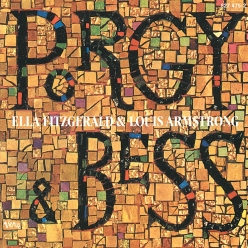Biography
Louis Daniel Armstrong (August 4, 1901– July 6, 1971), nicknamed Satchmo, Satch or Pops, was an American trumpeter, composer, singer and occasional actor who was one of the most influential figures in jazz. His career spanned five decades, from the 1920s to the 1960s, and different eras in the history of jazz.
Coming to prominence in the 1920s as an "inventive" trumpet and cornet player, Armstrong was a foundational influence in jazz, shifting the focus of the music from collective improvisation to solo performance. With his instantly recognizable gravelly voice, Armstrong was also an influential singer, demonstrating great dexterity as an improviser, bending the lyrics and melody of a song for expressive purposes. He was also very skilled at scat singing.
Armstrong is renowned for his charismatic stage presence and voice almost as much as for his trumpet playing, Armstrong's influence extends well beyond jazz, and by the end of his career in the 1960s, he was widely regarded as a profound influence on popular music in general. Armstrong was one of the first truly popular African-American entertainers to "cross over", whose skin color was secondary to his music in an America that was extremely racially divided at the time. He rarely publicly politicized his race, often to the dismay of fellow African Americans, but took a well-publicized stand for desegregation in the Little Rock crisis. His artistry and personality allowed him socially acceptable access to the upper echelons of American society which were highly restricted for black men of his era.



